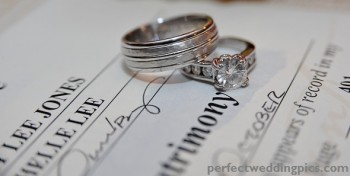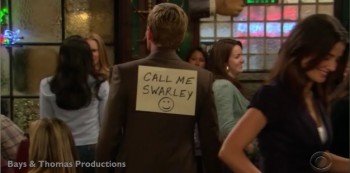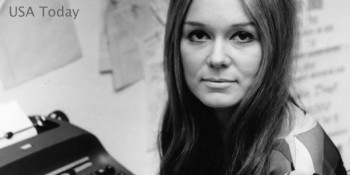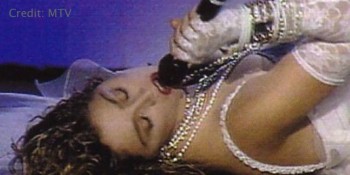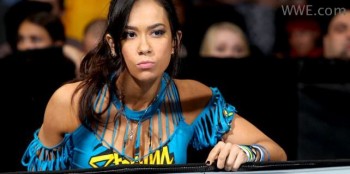When Curiata.com was in its infancy, it became clear to me that the female contributors were outnumbered by the men almost 3 to 1. I resolved to start a feminist column to (hopefully) balance out the testosterone on the site.
The Modern Urban Gentleman and I were having a conversation about my column one night and he said, “You know you are going to have to write a column about your name change, right?” And he’s right.
Up until about a year and a half ago, I had always planned on keeping my maiden name. Intellectually, I knew why women changed their last names in the past, and it wasn’t a symbol of a unified family, but rather a designation of property ownership. Further, it seemed to me that everyone in society expected women to just conform and accept their husband’s last name. It’s just what you do! I, for one, despise that argument for anything in life, and it’s one of the things I used to rail against.
So how did I change my mind, and subsequently my name, after getting married? Honestly, I’m not entirely sure. There was never an “aha!” moment when I suddenly knew why I wanted to change my name.
First off, I should state that I do use a combination of my maiden and married name in the professional world — at least for now. My resume says “Carrie Goodyear Hillman” at the top of the page. Part of this is just for practicality. I worked very hard to build an excellent work reputation as Carrie Goodyear, and I felt that completely changing my name would be like throwing all of that hard work out the window. Am I still the same person with the same work ethic? Absolutely. However, our names are extremely similar to the branding of a product. I felt that I (and those around me) needed a transition period.
But none of this answer the question as to why I changed my name. If anything, it makes the argument for why I should have just kept my maiden name. But here’s the rub: Mike and I are not what I would consider a “traditional” couple, though what we are is becoming increasingly common. We cohabited for three years before getting married, which means that we are either going to be just fine in our marriage or we are destined to get a divorce, depending on which study you read. We don’t strictly adhere to traditional gender roles. This was evident over the weekend where our basement started taking on water worse than anything Noah experienced. Today, we both have painful hands and Drylok caked under our fingernails.
In my mind, marriage wasn’t going to change the dynamic of our relationship too drastically. I mean, we already lived together, a marriage ceremony is largely symbolic and, really, it’s the day-in, day-out of a relationship that determines the couple’s level of commitment, not the marriage ceremony itself. So, to our friends and family, we were already a unit, already a team. They received their Christmas cards from the Goodyear/Hillman household.
But, the thought struck me, how would we convey to the outside world that we were in this together? Yes, I would have my wedding band, but there’s something extremely unifying about sharing a last name.
On the other hand, I’ve had a lot of people ask me why I didn’t hyphenate my last name. It was a purely selfish reason. I didn’t want to have to sign Carrie E. Goodyear-Hillman every single time I swiped my credit card. When I was signing as Carrie E. Goodyear, I would get annoyed by the time I reached the “y.”
There are times when I feel like I have to defend my actions to other feminists. But then I realize that is just silly. We have come a long way in women’s rights, but globally we have a long way to go. The marital name change is no longer a requirement or a demonstration of ownership. I changed my name because I wanted to, and because I felt that it was the best decision for me — and that, my friends, is what feminism is all about.
